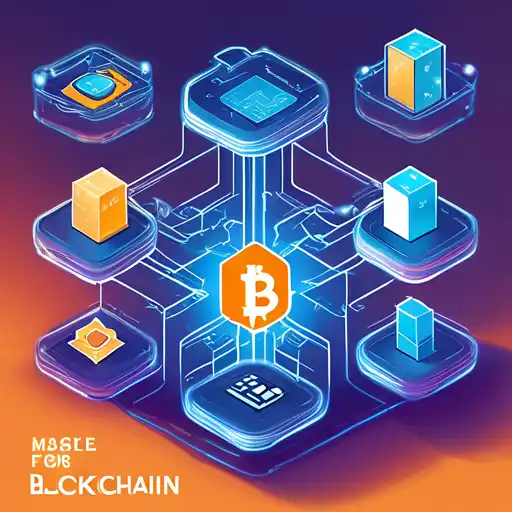What is Blockchain?
Blockchain technology is a decentralized digital ledger that records transactions across many computers in such a way that the registered transactions cannot be altered retroactively. This technology is the backbone of cryptocurrencies like Bitcoin, but its potential applications extend far beyond digital currencies.
How Does Blockchain Work?
At its core, a blockchain is a chain of blocks, where each block contains a list of transactions. These blocks are linked together using cryptography. When a transaction is made, it is grouped together in a block with other transactions that have occurred in the last ten minutes and sent out to the entire network. Miners then validate these transactions by solving complex mathematical problems.
Key Features of Blockchain
- Decentralization: Unlike traditional ledgers, blockchain does not rely on a central point of control.
- Transparency: All transactions are visible to anyone within the network.
- Immutability: Once a transaction is recorded, it cannot be altered or deleted.
- Security: Blockchain uses advanced cryptography to secure transactions.
Benefits of Blockchain Technology
Blockchain offers numerous benefits across various sectors. In finance, it can reduce fraud and speed up transactions. In supply chain management, it enhances transparency and traceability. Healthcare can benefit from secure patient data sharing, and voting systems can become more transparent and tamper-proof.
Blockchain Beyond Cryptocurrency
While blockchain is synonymous with cryptocurrencies, its applications are vast. From smart contracts that automatically execute agreements to decentralized applications (DApps) that run on a peer-to-peer network, blockchain is paving the way for a new internet era.
Getting Started with Blockchain
For beginners interested in blockchain, starting with understanding the basics of cryptocurrencies is a good step. Exploring cryptocurrency basics can provide a solid foundation. Additionally, experimenting with small amounts of cryptocurrency can offer hands-on experience.
Challenges Facing Blockchain
Despite its potential, blockchain faces several challenges, including scalability issues, high energy consumption, and regulatory uncertainty. Overcoming these hurdles is essential for widespread adoption.
Conclusion
Blockchain technology holds the promise to revolutionize various industries by offering a secure, transparent, and decentralized way to record transactions. As the technology matures, its potential applications are only limited by our imagination. For those new to blockchain, starting with the basics and gradually exploring more complex concepts is the key to understanding this transformative technology.
